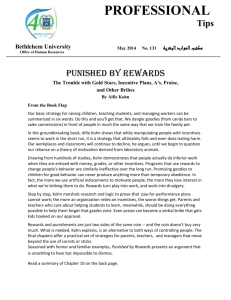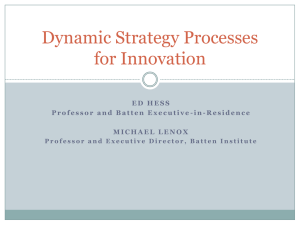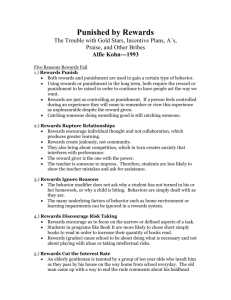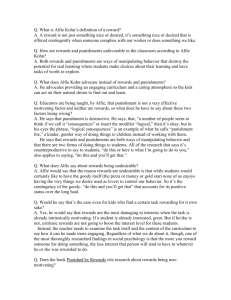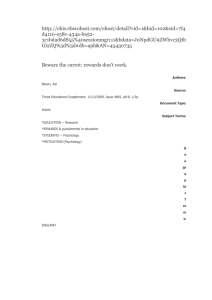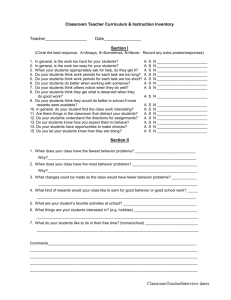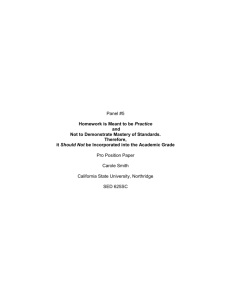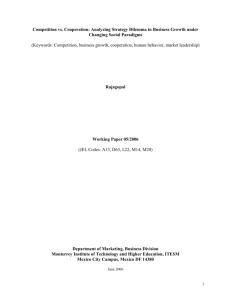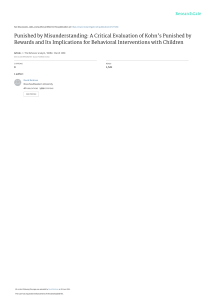Alfie Kohn
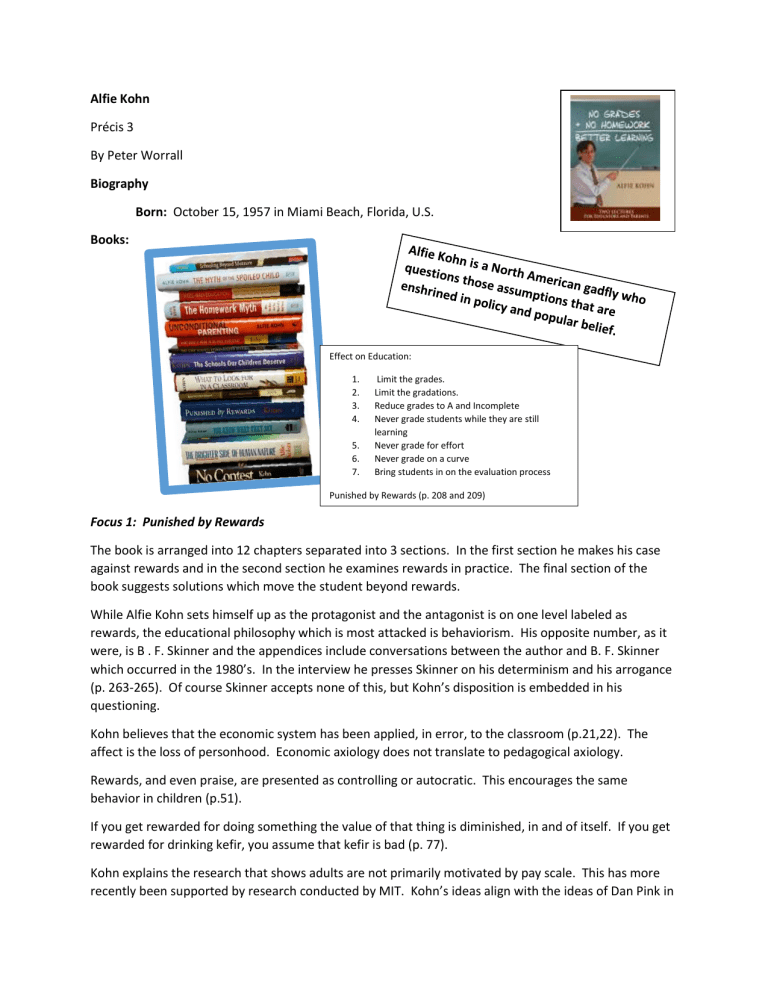
Alfie Kohn
Précis 3
By Peter Worrall
Biography
Books:
Born: October 15, 1957 in Miami Beach, Florida, U.S.
Effect on Education:
1.
Limit the grades.
2.
Limit the gradations.
3.
Reduce grades to A and Incomplete
4.
Never grade students while they are still learning
5.
Never grade for effort
6.
Never grade on a curve
7.
Bring students in on the evaluation process
Punished by Rewards (p. 208 and 209)
Focus 1: Punished by Rewards
The book is arranged into 12 chapters separated into 3 sections. In the first section he makes his case against rewards and in the second section he examines rewards in practice. The final section of the book suggests solutions which move the student beyond rewards.
While Alfie Kohn sets himself up as the protagonist and the antagonist is on one level labeled as rewards, the educational philosophy which is most attacked is behaviorism. His opposite number, as it were, is B . F. Skinner and the appendices include conversations between the author and B. F. Skinner which occurred in the 1980’s. In the interview he presses Skinner on his determinism and his arrogance
(p. 263-265). Of course Skinner accepts none of this, but Kohn’s disposition is embedded in his questioning.
Kohn believes that the economic system has been applied, in error, to the classroom (p.21,22). The affect is the loss of personhood. Economic axiology does not translate to pedagogical axiology.
Rewards, and even praise, are presented as controlling or autocratic. This encourages the same behavior in children (p.51).
If you get rewarded for doing something the value of that thing is diminished, in and of itself. If you get rewarded for drinking kefir, you assume that kefir is bad (p. 77).
Kohn explains the research that shows adults are not primarily motivated by pay scale. This has more recently been supported by research conducted by MIT. Kohn’s ideas align with the ideas of Dan Pink in
his well-known RSA talk What Motivates Us i . What rewards us is satisfaction that is found in ‘interesting work’.
Kohn argues against punishment (p.166). He states that the teacher should seek the perspective of the student and rather than punishment should offer empathy.
How does a highly rewarded student respond to being paired with a less able student? What if the grades are removed as a factor? (see p. 208-209)
Focus 2: Blog Article: Evidence! We don’t need no stinking evidence! ii
Alfie Kohn posts his thoughts in The Huffington Post. This shows his desire to get the word out. He knows that some people resist his crusade against rewards in the classroom, which begs the question,
“Why?” In his article he starts by restating (without statistical detail) his claim that the research does not support the ideas, popularly held, that abandoning reward and punishment leads to aggression and entitlement.
He claims that people who support rewards they draw from descriptive or predictive. However, when pushed further they become prescriptive.
He launches an attack on perennialist conservatism and also on Love and Logic, although he would not call it that. He says that the reward systems embedded in these approaches teach children all the wrong lessons about power inequalities. Simply put, he says that many of our most traditional behavior strategies “don’t work”.
A key statement, which shows some of his philosophical leanings (and source of frustration) is, “That's not a practical justification; it's a moral imperative.” Kant, of course, would be delighted with a moral imperative but Kohn is not. It lacks empirical evidence, and ideas that are not thoroughly researched have no place in education. He states his frustrations at how his inductive reasoning falls on deaf ears.
His alternative to rewards is ‘working with’ students. He states that the evidence supports coming alongside the student and participating in the learning experience with them.
Another example of rejection of research is the popularly held belief that helicopter parenting is evil. He says that research challenges the assumption that independence from the parent should be established as soon as possible.
The article is intended to cause disequilibrium in the mind of the reader. If the reader values research, and also values rewards Kohn gives them a good tongue lashing as he vents. There might be something ironic in and pointless in his method if his research is correct.
Bibliography:
Kohn, Alfie Punished by Rewards: The Trouble with Gold Stars Incentive Plans, A’s Praise, and Other
Bribes Houghton-Mifflin 1993 i https://www.youtube.com/watch?v=u6XAPnuFjJc ii http://www.huffingtonpost.com/alfie-kohn/evidence-we-dont-need-no-stinkin-evidence_b_7019626.html
